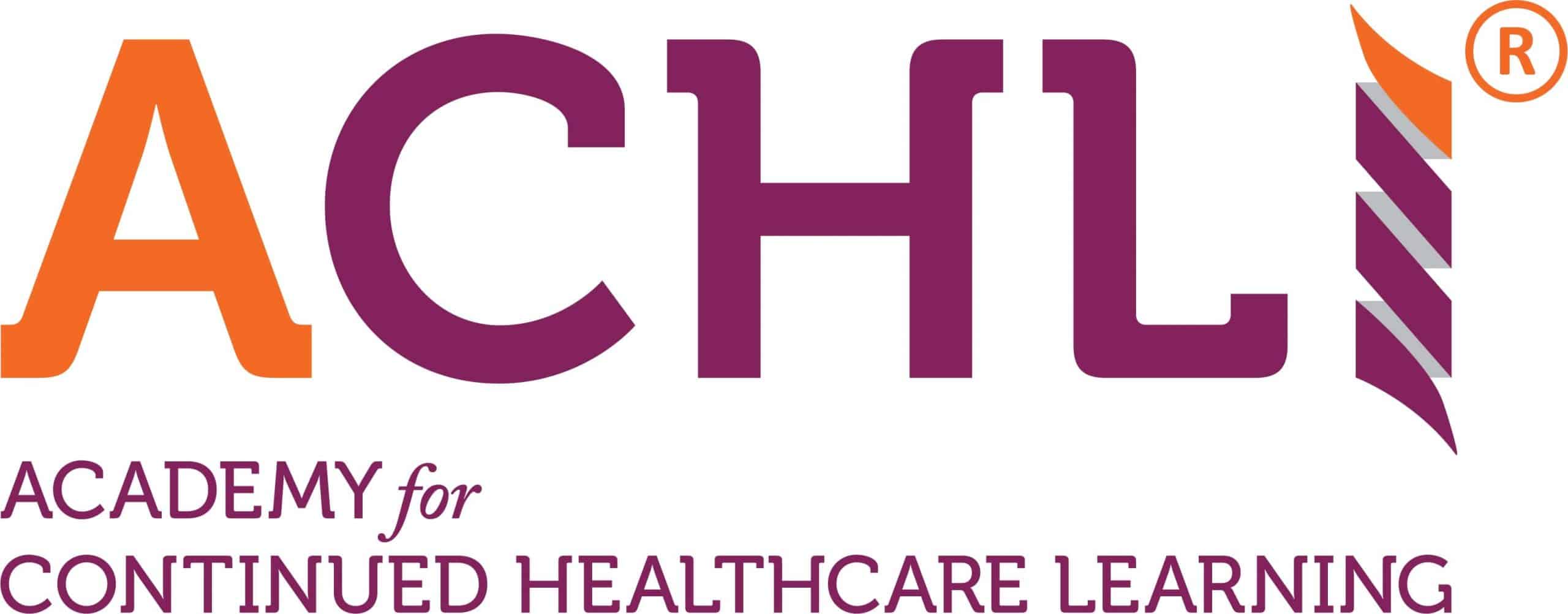You: “I have a migraine.”
Them: “Take some Tylenol.”
You: ![]()
If the above conversation sounds eerily familiar to you, over 39 million Americans living with migraine gently nodded their heads (because hello, brain pain) alongside you.
Let’s say the quiet thing out loud: Migraine is so much more than a headache. It is a debilitating neurological disease that brings with it a whole host of unique symptoms ranging from gastrointestinal upset to visual aura, vestibular dysfunction to cognitive fog. Plainly stated, migraine can be incredibly disabling, and it oftentimes cannot be treated by over-the-counter medications.
Whether you’ve been living with migraine for a long while or were just diagnosed, you’ve likely discovered that treating the condition is not as simple as it seems (or as easy as others think). An individual’s experience with the disease is wholly personalized, and can be impacted by environmental factors, genetics, lifestyle choices, and more.
Up until 2018, the primary medications prescribed for migraine — drug classes such as triptans, beta-blockers, and anti-inflammatory therapies (NSAIDs) — were not specifically developed with migraine prevention in mind, though they have generally been proven effective. Thankfully, CGRP inhibitors came into the market a few years ago. The CGRP inhibitors are the first ever treatments specifically developed for migraine prevention.
Calcitonin gene-related peptide (CGRP) has its hands in a lot of bodily functions, most notably in the nervous system and brain: from regulating blood pressure to wound healing, and specifically in the case of migraine, this protein is responsible for a body’s inflammatory and pain responses. When released in the brain, CGRP is what makes a migraine more painful — and also what makes one last longer.
For decades, it has been hypothesized that people who live with migraine have more CGRP in their blood.
So, what are CGRP inhibitors then?
In 2018, the FDA approved this new classification of drugs called CGRP inhibitors — also referred to as anti-CGRPs — specifically for the purpose of treating migraine. They are designed to aid in the prevention of episodic migraine (less than 15 headache days per month), chronic migraine (more than 15 headache days per month), and medication overuse headaches by either blocking the release of CGRP, or binding to the protein so it doesn’t cause pain.
Depending on the drug, they are available in pills, self-injectable pens, or IV.
So, are they for me?
First and foremost, it’s essential to consult with the doctor who is managing your migraine care. If you don’t have a neurologist and are located in the United States, the American Migraine Foundation’s physician database is a good place to start. We recommend you find a specialist who’s specifically knowledgeable in treating headache conditions like migraine.
The tricky part about any new class of drug is that it can take a while for health insurance plans to cover and approve them, so be sure to check with your insurance provider to know which CGRP inhibitors are on their list.
But if you’re a person living with migraine who has tried out a seemingly endless array of treatment combinations to no avail, it may be time to consider learning more about CGRP inhibitors.
If you’re unsure where to start, you can click here to visit an educational site created by the Academy for Continued Healthcare Learning, or you can ask your provider about CGRP inhibitors may be the right next step for you.
P.S. To any migraine patient who reads this, please know that you are not your pain. And on the days when your head feels heavy and all you can do is curl up into the fetal position in a dark room… tomorrow will be here soon. Take care, migraine community.
Sponsored by the Academy for Continued Healthcare Learning.
Supported by an educational grant from Lundbeck.



